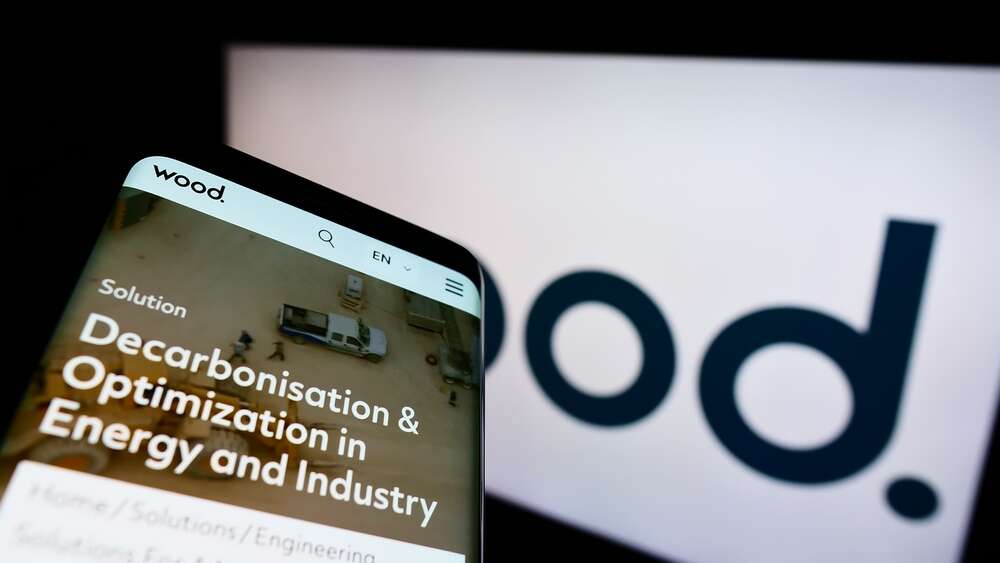

- Wood Group is under the spotlight for increasing its oil and gas business despite winning a $430m ($544m) green transition loan.
- The terms of the deal partly centre on the measurement of carbon emissions. Scope 1 and 2 are included, but crucially not Scope 3.
- For trust in green transition financing to endure, we need to know why UK Export Finance (UKEF) left Scope 3 out of the terms of the guarantee.
The recent report revealing John Wood Group’s (Wood Group) actions following the receipt of a £430m ($544m) government-backed ‘green transition loan’ highlights a glaring oversight in environmental governance of green finance.
The five-year loan was lauded as a first of its type when it was announced in 2021, with the aim of supporting the company’s transition away from reliance on fossil fuels.
Former UK Prime Minister Liz Truss, who was international trade secretary at the time, congratulated the engineering company, which supplies some of the world’s largest oil and gas companies with consulting and logistics services, for making “great strides in repositioning its business for a low-carbon future”.
As the Guardian points out, the fact that a multinational engineering company like Wood Group can subsequently increase its oil and gas business by 17% while simultaneously shrinking its renewables operations by 35% makes a mockery of the UK Export Finance (UKEF)-backed loan, and raises serious questions about the effectiveness of such loans in steering companies toward a low-carbon future.
According to public filings, Wood Group received the funds but then proceeded to secure more than 20 major contracts for work on oil, gas and petrochemical infrastructure.
Despite the whiff of greenwashing emanating from Wood Group, the terms of the deal, insofar as they are known, indicate that the Aberdeen-based company is on its way to achieving the KPIs set out. According to Wood Group, KPI measures of the loan centre on reducing Scope 1 and 2 emissions and “growing our sustainable revenues”.
Wood Group claims to have reduced its Scope 1 and 2 emissions by 65%, and so has – as far as Capital Monitor can tell – been conforming to the requirements of the guarantee. The engineering company’s CEO has stated publicly he expects to see a significant uptick in sustainable revenues from 2025 onwards, well within the parameters of the loan term.
Out of Scope
According to UKEF, to be eligible for a transition export development guarantee, a company needs to demonstrate it is “actively transitioning away from fossil fuels”. Typical of similar sustainability-linked loans, if it does not hit specific environmental targets, it will be required to pay a higher interest rate on the loan facility. The UKEF declined any comment on the story.
Wood Group’s current activities suggest the terms of the loan are not a sufficient measure of a genuinely sustainable transition. Only incorporating Scope 1 and 2 emissions – emissions produced by the company itself and the energy purchased to run its business – has provided an opportunity for Wood Group to continue to secure more traditional business.
Scope 3 emissions, which include all indirect emissions that occur in a company’s value chain, often represent the largest source of greenhouse gas emissions. Incorporating this into the loan terms could have prevented Wood Group from entering new oil and gas contracts without incurring a financial penalty.
In truth, why should we care about the Wood Group’s own Scope 1 and Scope 2 emissions? It is essentially a consulting company. Its emissions output, versus its customer base, will be insignificant. It certainly begs the question of why a very senior UK politician was crowing so loudly about the significance of a deal that asks for so little.
To mitigate the disastrous impacts of climate change, governments should promote but, critically, also enforce a transition to sustainable practices. They are right to provide financial support to companies like Wood Group to expedite this transition, but only if it is coupled with strict covenants that spur truly sustainable behaviour within the value chain.
Wood Group’s actions appear to be within the letter of the law, so to speak, but are not in the spirit of what sustainable finance is intended. So, either UKEF has failed in its duty to carefully wrap its guarantee with appropriate safeguards or, worse still, left the door deliberately open for Wood Group to continue to chum up with Big Oil for as long as it can.
If the latter, then any accusations of greenwashing linked to this deal should be pointed towards the UK government.






